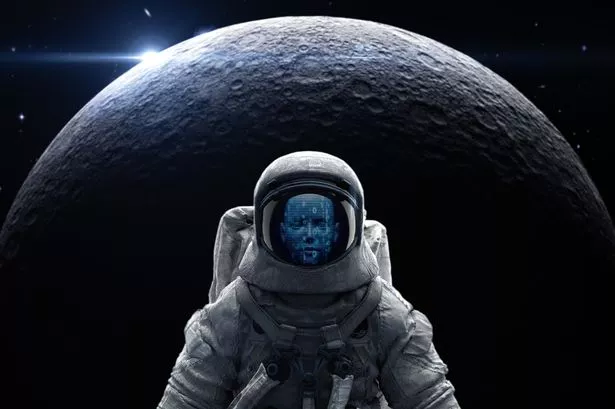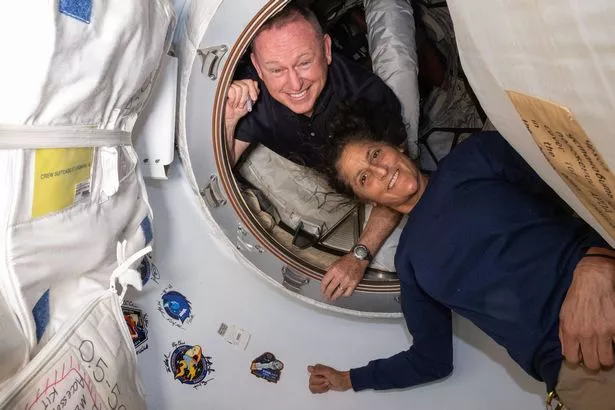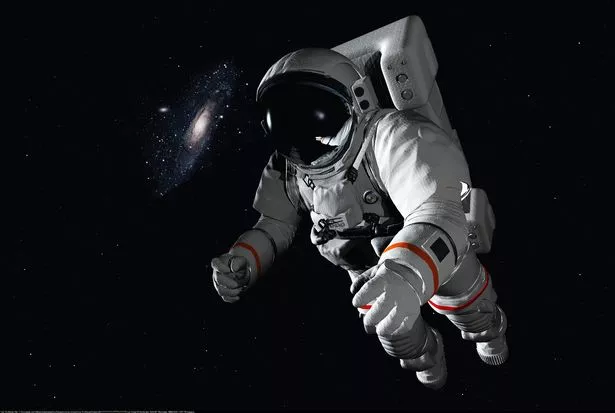King Charles’s space guru warns 'fast developing' robots are set to wipe out astronauts
Lord Martin Rees, the UK’s Astronomer Royal, said robots are now so advanced there is no reason to risk lives on missions. The 82-year-old's comments could put him at loggerheads with Elon Musk
Bots are set to wipe out astronauts, says the King’s space adviser.
Lord Martin Rees, the UK’s Astronomer Royal, said robots are now so advanced there is no reason to risk lives on missions. And he says taxpayers’ cash should not be used to take another giant leap for mankind to the Moon or Mars. Cosmologist Lord Rees, 82, said: “Robots are developing fast and the case for sending humans is getting weaker all the time. I don’t think any taxpayers’ money should be used to send humans into space.
“The only case for sending humans is as an adventure, an experience for wealthy people, and that should be funded privately.’’
The comments could put him on a collision course with SpaceX boss Elon Musk who hopes to put a man on Mars in four years and claims a million could live there in 30 years.
But Lord Rees, 82, who in 1995 became the 15th Astronomer Royal since the honorary title was created by King Charles II 350 years ago, said he did not agree with Musk’s plan - unless it involved part men-part machines.
“I can imagine they will use all of the techniques of genetic modification, cyborg add-ons, and so on, to cope with very hostile environments,’’ the peer said.
“We may have a new species that will be happy to live on Mars.’’
Andrew Coates, a physicist from University College London, said sending robots into space was less dangerous, cheaper and more productive than using human astronauts.
“For serious space exploration I much prefer robotics,’’ he said.
“They go much further and do more things.
“And as AI progresses the robots can be cleverer and cleverer.’’
On Christmas Eve NASA’s Parker Solar Probe flew past the Sun closer than any human-made object before it.
The landmark 10-day trip - designed to find out how the Sun influences Earth’s weather - involved an unmanned craft which conducted pre-programmed tasks by itself enduring temperatures of 1,000C.
Robotic spacecraft have visited every planet in the Solar System as well as many asteroids and comets.
Humans have only gone to Earth’s orbit and the Moon - which they have not set foot on since 1972.


